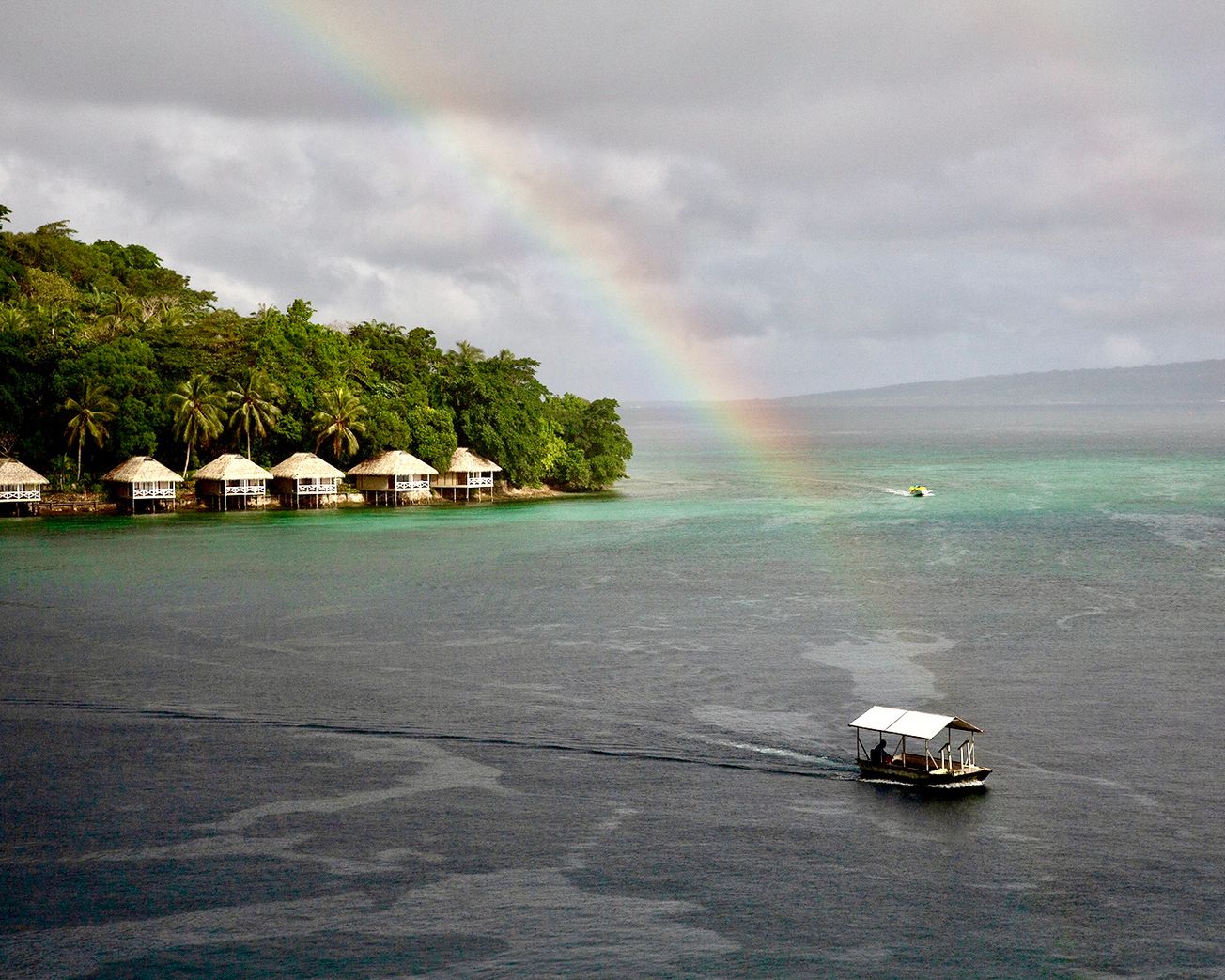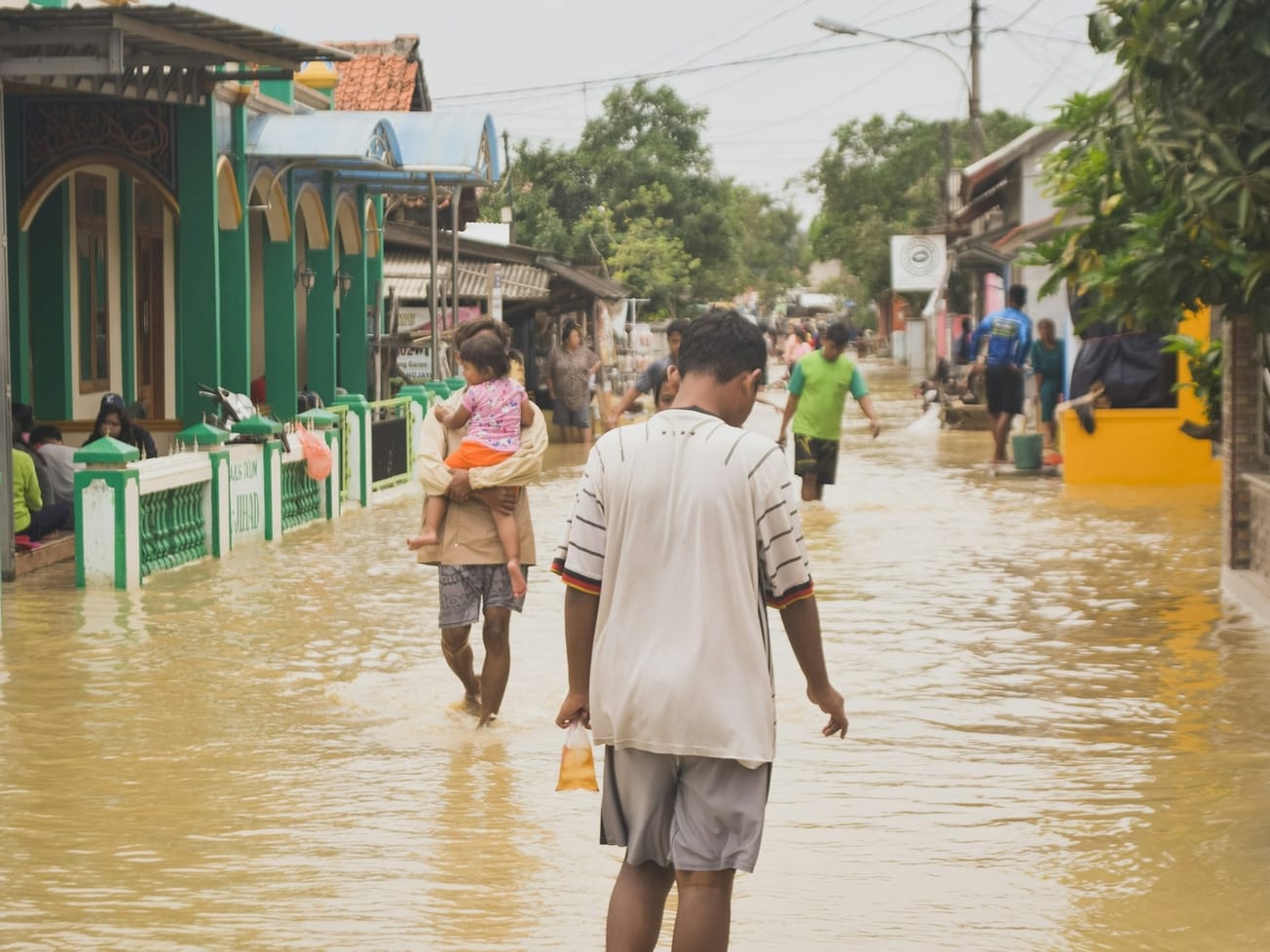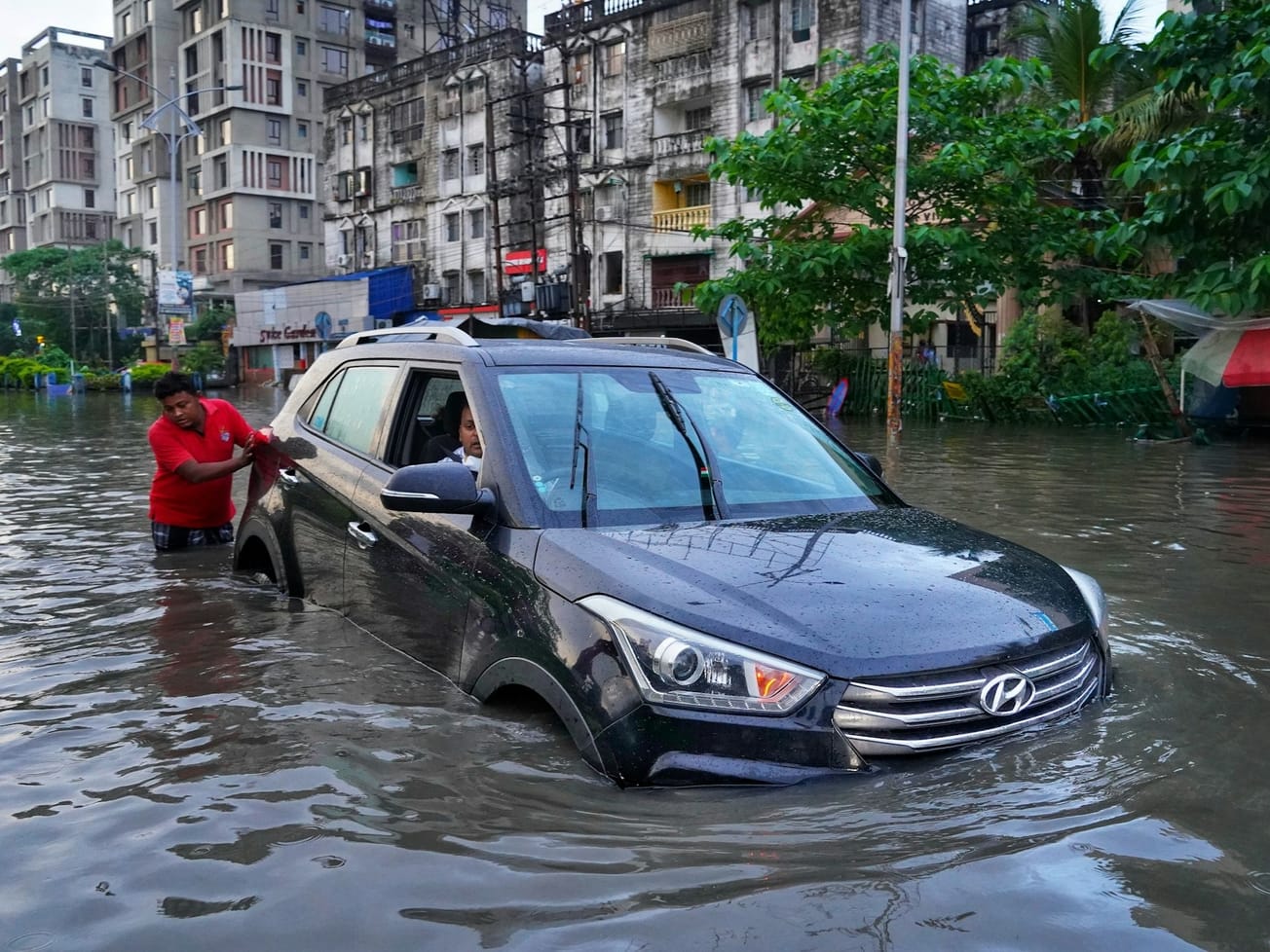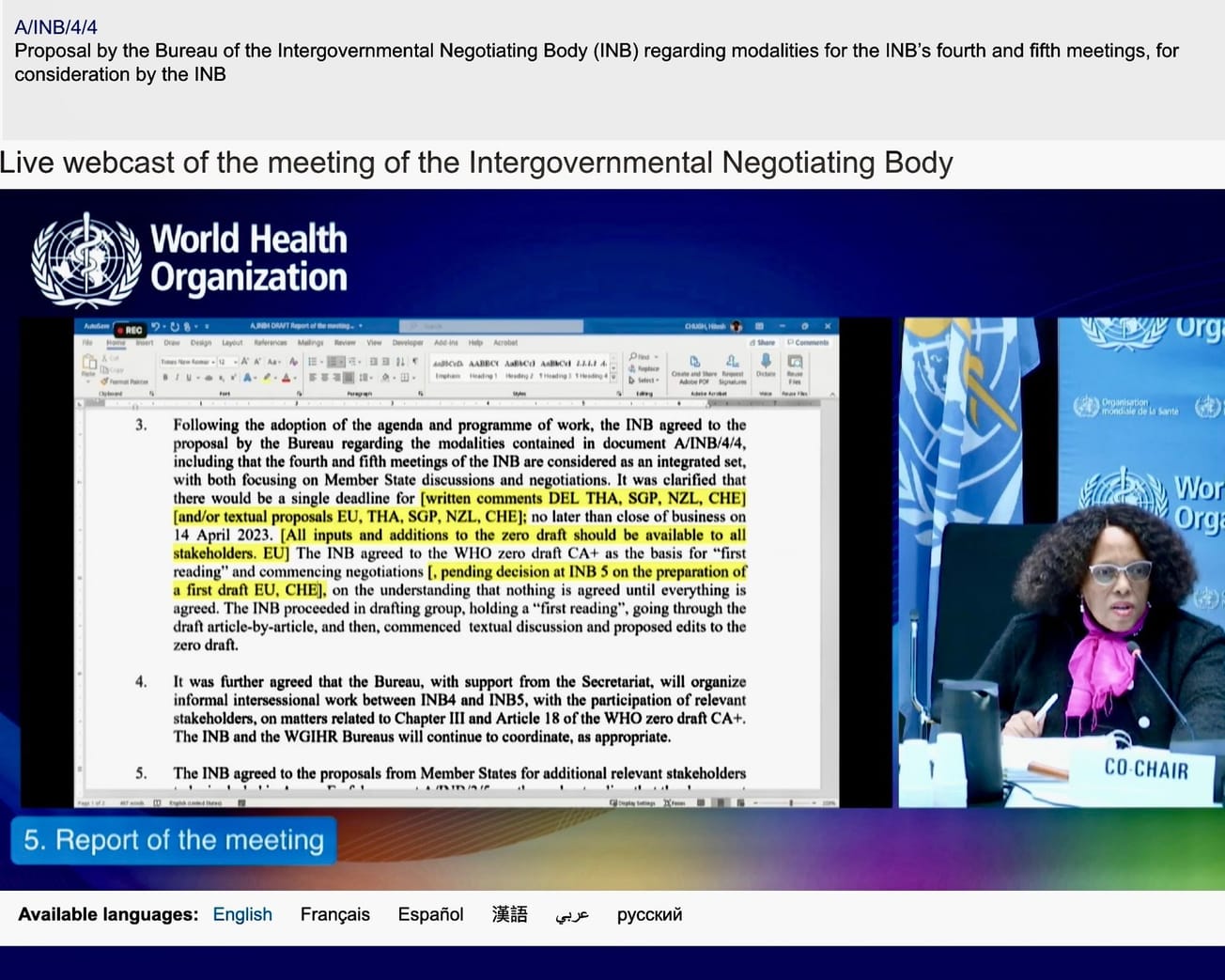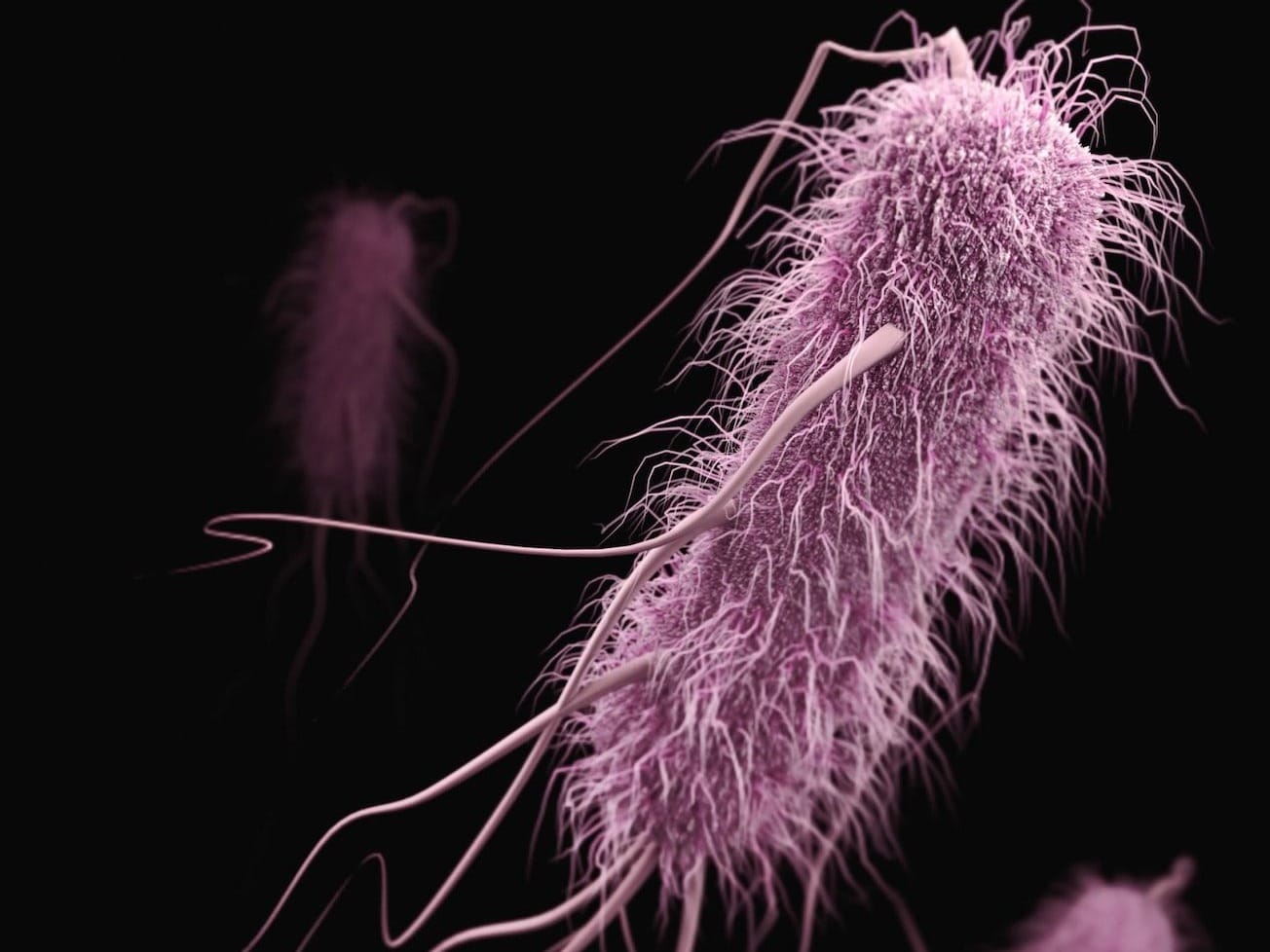
'Continuous advance' of climate crisis pushes 1.15° C. warming
Droughts, floods and heatwaves drove food insecurity and mass migration as communities on every continent were hit by massive costs, the World Meteorological Organization said.
Melting glaciers. Rising sea levels. Wildfires. Food shortages. Widespread species extinctions. Global pandemics. Every other issue is secondary. The climate crisis is a health crisis — a reality highlighted by WHO chief Tedros Adhanom Ghebreyesus, who points to the links between extreme weather, disease, and noncommunicable diseases. Science, politics, and economics are all at the heart of this urgent global issue.

Already have an account? Log in
Droughts, floods and heatwaves drove food insecurity and mass migration as communities on every continent were hit by massive costs, the World Meteorological Organization said.
Public perception of the importance of vaccines for children fell during the pandemic in 52 of 55 countries studied.
As WHO celebrated its 75th anniversary – commemorating World Health Day and the day its constitution took effect – the COVID-19 pandemic's lessons were inescapable.
The Middle East and North Africa are particularly vulnerable to climate change, but many health impacts are unknown.
The European Court of Human Rights heard two climate cases brought by citizens against Swiss and French authorities.
The ICJ is being asked for a legal opinion on nations' legal obligations to fight global warming – and the consequences if they don't.
Almost half the world’s population lives in regions highly vulnerable to climate change, where deaths were 15 times higher in the past decade.
WHO's chief offered three lessons the world must learn to be able to effectively cope with future global health crises.
The head of the U.N. panel of climate experts called for quick action because 'inaction and delays are not listed as options.'
The global health organization said it plans to hold a closed-door election to replace Dr. Takeshi Kasai in October.
A third of the world, mainly in least developed countries and small island developing states, isn't covered by early warning systems.
The treaty is intended to strengthen marine protections on international waters beyond the 200 nautical mile jurisdiction of coastal nations.
The treaty takes aim at the huge inequalities in health care and access to products that the COVID-19 pandemic brought into sharp focus.
The U.N. health agency says it updated its plans based on China's response but there's been "no quiet shelving of any plans" for investigating.
The tiny island nation made the case that more attention must be focused on the threat of rising sea levels and gaps in international law about loss of land.
Strains of bacteria immune to all known antibiotics may become a major cause of death by mid-century.




